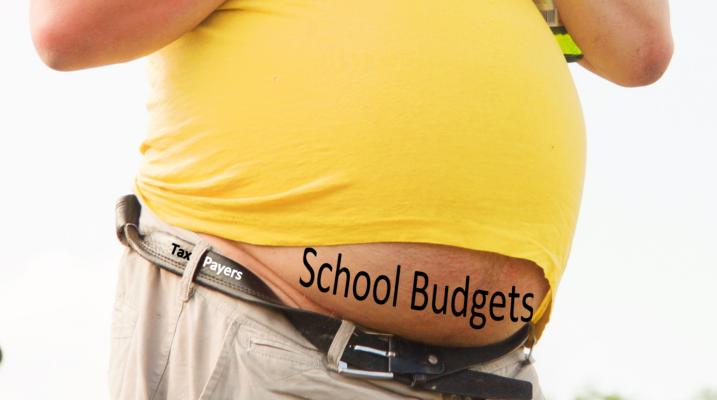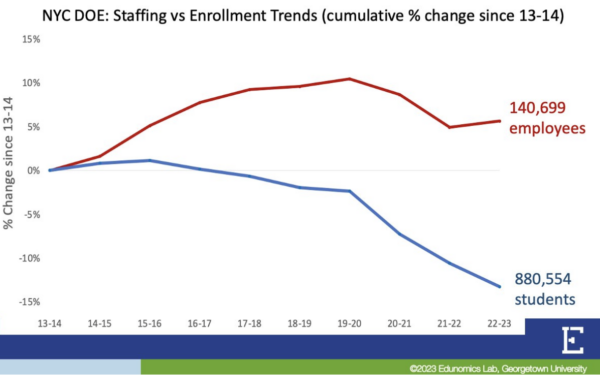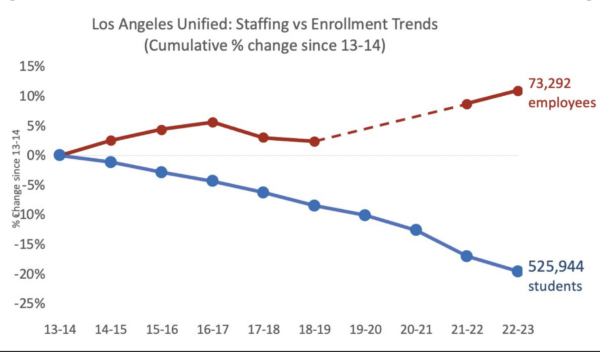My career was spent as a software engineer and consultant. The last twenty years of it were spent working for a manufacturing software vendor, and I spent a lot of time talking with both C-level leaders, the blue-collar workers on the shop floor, and everyone in between. The mantra, at least in well-run shops was:
“How do we constantly improve our product most efficiently, get rid of wasted efforts, and drop those savings down to the bottom line in order to lower the price of our product relative to our competitors, make a larger profit, and return that profit to our owners/shareholders?
In other words, they had the right eyes on the right prize(s) in their efforts to be the best they can be. And much of that effort was always in discovering excess labor – especially in indirect labor. DIRECT labor is all those folks that do the creating on the line – they create and assemble the “widgets” (be it the physical “something” you can hold in your hand or the “invisible” software held in your mind). Indirect labor is everyone else. That’s important because any manager worth their salt knew what that ratio was between the two and was always looking to improve that ratio of direct to overhead.
Not so in education – by a long shot. At least in my hamlet, I was constantly having to educate both the School Board and new Superintendents on this basic measurement by asking them, “what is your indirect/direct labor ratio by headcount and total burden cost?“. Usually, after a couple of years of demanding that answer as a Budget Committee member, that ratio would improve as “overhead” personnel and burdened costs were lowered (I think it’s time again to start demanding that answer – time for a new Right To Know?). And do you know why this is important?
Manufacturers understand they are going to be held personally responsible for their output and their cost. Our education system is the complete opposite. Yes, your local schools have costs like manufacturers, and they create “widgets” (usually called our sons and daughters called “students that have been educated”). But accountability isn’t there as taxpayers don’t ask the harsh questions necessary about how GOOD their output is and generally only grouse about the cost without asking the hard questions of WHY the cost. My indirect to direct labor question is akin to “Price Point,” and NAEP scores show the quality of their workmanship.
But without taxpayers acting like owners/shareholders asking about such things, you get our educational systems without any “limiting factors”. And you get Bloat:
And
Bloat – when adults get the money, and the number of kids getting an education drops like a kid going down a playground slide. Make no mistake, that drop in enrollment is happening here in NH as well.
And now you see why my question is so important. Sure, it is easier to point out in overly large school districts, but the scrutiny they receive is also too small for their size. Here in NH, the ordinary citizen CAN provide such oversight and suss out even small savings of the economy – if they bother to look for it.
The best example I can give you is Twitter. Before Elon Musk took over, it had 7.500+ employees. Afterward, head count (and cost) started to drop – dramatically. Much of the Left, who looked at Twitter as their “playground,” howled that Twitter would cease to work and then exist (both complaining and exulting at the same time). Now, the headcount and the commiserate cost are down to around 1,000. It’s still working – you can go and read tweets and create your own. That’s what it was meant for – everything else was “overhead.”
Perhaps y’all should be examining your districts more closely and asking what will be called “embarrassing” questions. Hold them accountable.
Just know it will take you a while to build up your courage and your credibility as you continue to hone your questions to be more insightful and penetrating.
(H/T: Powerline)


